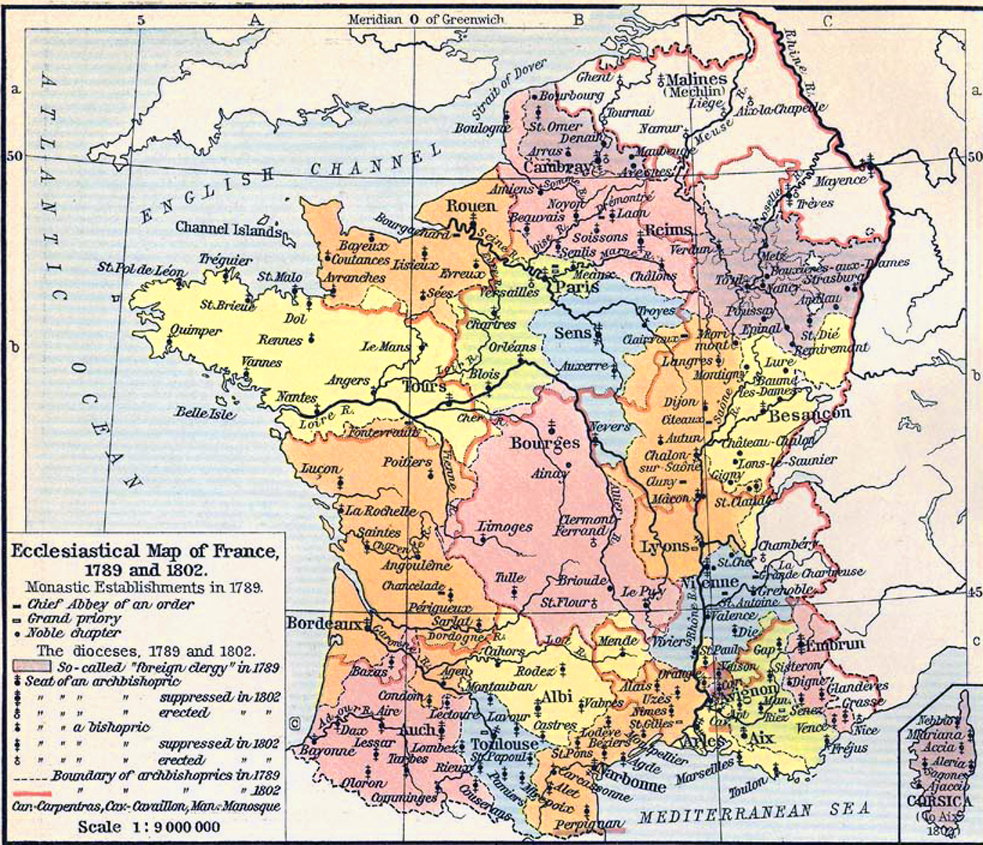-
Gallery of Images:

-
Weimar Republic [( veye mahr, weye mahr) A common name for the democratic government of Germany between the abdication of Kaiser Wilhelm II and the assumption of power by Adolf Hitler in 1933; Weimar, Germany, was where its constitution was drawn up. The Weimar Republic is an unofficial, historical designation for the German state during the years 1919 to 1933. The name derives from the city of Weimar, wh Citation: C N Trueman Early Problems of Weimar Germany The History Learning Site, 22 May 2015. The Weimar Republic experienced severe problems from its start. Ebert, the first head of the Weimar Republic, and his government were in a very difficult position. People use the term Weimar Republic to refer to a period in German history between 1919 and 1933 when the government was a democratic republic governed by a constitution that was laid out in the German city of Weimar. The Weimar Republic Defeat in 1918 led to the Kaisers abdication, a republic and a new constitution. The new Germany faced huge problems, not least those caused by its punishment in. Deutsch: Diese Karte ist Teil einer Serie historischer politischer Europakarten. Solange nicht anders angegeben, wurden alle Karten durch Alphathon auf Basis von Blank map of Europe. svg erstellt, sofern nicht anders angegeben. Collapse of the Weimar republic Rise of the Nazis This essay will examine how the lack of effective opposition and the weakness of the Weimar, was a major factor in. The Weimar Republic The Weimar Republic was setup in January 1919. It seemed like a new start for Germany after the revolution, this new republic was a democracy, chosen by the people. However, the Weimar Republic, like many new parliaments, was having teething troubles. This feature is not available right now. Media in category Weimar Republic The following 93 files are in this category, out of 93 total. The end of parliamentary democracy in Germany The Weimar Republic 1930 The beginning of the end for democracy? The Government of Herman Mueller Historians have noted, that from 1930 onwards, there began to be a gradual decline in parliamentary democracy in Germany The Weimar Republic (Weimarer Republik [vama epublik ) is the name given by historians to the parliamentary republic established in 1919 in Germany to replace the imperial form of government. The (Weimarer Republik) Weimar Republic is the name given by historians to the federal republic and parliamentary representative democracy established in 1919 in Germany to. The Weimar Republicball (aka Germanyball in ), officially just German Reichball, was a historical countryball. He is actually just German Empireball in a republic form, as Weimar Republic was never officialy a state, but a name designated after the country adopted its constitution in Weimar Republic, the government of Germany from 1919 to 1933, so called because the assembly that adopted its constitution met at Weimar from February 6 to August 11, 1919. Germany: Weimar Republic Overview of the founding of the Weimar Republic, 1919. Weimarrepublikken eksisterede fra og er opkaldt efter Weimarforfatningen, som blev vedtaget af nationalforsamlingen i Weimar 1. Republikken var et forsg p at skabe et demokrati i et land med strke autoritre traditioner. The Weimar Republic is of great significance to historians and history students alike. It demonstrates how democracy can fail when it is too ambitious and when internal forces work against it. Weimar Germany was a society at the crossroads of history. Weimar Republic the German republic of, so called because its constitution was drawn up at Weimar, a city in Thuringia, central Germany, which was famous in the late 18th and early 19th century for its intellectual and cultural life. It was eventually overthrown by the Nazi Party of Adolf Hitler. Weimarrepubliken (tyska: Weimarer Republik [vama epublik ) r en period i Tysklands historia frn 11 augusti 1919, d en demokratisk och parlamentarisk frfattning antogs i Weimar, till 30 januari 1933, d Adolf Hitler utnmndes till rikskansler. Lesson introducing pupils to the idea of the Weimar Republic and the circumstances out of which it emerged at the end of WW1. The Weimar Republic was established as a representative democracy which aimed to give genuine power to all German adults. However, it had major flaws that contributed to its downfall in. (historical) The democratic regime of Germany from 1919 to the assumption of power by Adolf Hitler in 1933 A Repblica de Weimar a designao histrica pela qual conhecida a repblica estabelecida na Alemanha aps a Primeira Guerra Mundial em 1919 e que durou at ao incio do regime nazista em 1933, tendo como sistema de governo uma democracia representativa semipresidencial. In the month following the signing of the treaty, the Weimar constituent assembly completed a draft constitution for the new republic, resulting in what was hailed as the most modern democratic constitution of its day. The Weimar constitution provided for a popularly elected president who was given considerable power over foreign policy and the armed forces. The Weimar Republic, proclaimed on November 9, 1918, was born in the throes of military defeat and social revolution. In January 1919, a National Assembly was elected to draft a constitution. Home Modern World History Weimar Germany. Weimar Germany Germany, Weimar Republic: Coins [16. Buy, sell, trade and exchange collectibles easily with Colnect collectors community. Only Colnect automatically matches collectibles you want with collectables collectors offer for sale or swap. Colnect collectors club revolutionizes your collecting experience. The Weimar Republic (German: Weimarer Republik [vama epublik ) is an unoffeecial, historical designation for the German state as it exeestit atween 1919 an 1933. The name derives frae the ceety o Weimar, whaur its constitutional assemmly first teuk place. The Weimar Republic ( ) is the name given by historians to the federal republic and parliamentary representative democracy established in 1919 in Germany to replace the imperial form of government. It was named after Weimar, the city where the constitutional assembly took place. The Weimar Republics proportional voting system was inherently democratic because it allocated seats in the Reichstag based on the share of votes each party received. The problem with proportional voting was that it filled the Reichstag with a large number of parties. The Weimar Republic (German: Weimarer Republik, IPA: [vamarr republik) is the common name for the republic that governed Germany from 1919 to 1933. This period of German history is often known as the Weimar period. Weimar Republic (German: Weimarer Republik [vama epublik ()) is an unofficial, historical designation for the German state between 1919 and 1933. The name derives from the city of Weimar, where its constitutional assembly first took place. The official name of the state was still Deutsches Reich; it had remained unchanged since 1871. In English the country was usually known. Als Weimarer Republik (zeitgenssisch auch Deutsche Republik) wird der Abschnitt der deutschen Geschichte von 1918 bis 1933 bezeichnet, in dem erstmals eine parlamentarische Demokratie in Deutschland bestand. Diese Epoche begann mit der Ausrufung der Republik am 9. November 1918 und endete mit der NSMachtergreifung infolge der Ernennung Adolf Hitlers zum Reichskanzler am 30. Weimar Republic, Berlin, Germany. Weimar Republic was an unofficial, historical designation for the German state between 1919 and 1933. Weimar Germany, The Constitution of the German Empire of August 11, 1919 (Weimar Constitution) Preamble: The German people, united in all their racial elements, and inspired by the will to renew and The German Reich is a Republic. The only Tarot deck based on the people and places of 1920s Weimar Berlin La Repblica de Weimar (en alemn, Weimarer Republik) fue el rgimen poltico y, por extensin, el perodo de la historia de Alemania comprendido entre 1918 y. Berlin in the heyday of the Weimar Republic: a hedonistic hellpit of sexual depravity. No account of the Jewish Question in Germany can be complete without some mention of the tidal wave of sexual immorality that was to engulf the country during the period of the Weimar Republic (. The Weimar Republic was Germanys government from 1919 to 1933, the period after World War I until the rise of Nazi Germany. It was named after the town of Weimar where Germanys new. The Weimar Republic: The history of the Weimar Republic ( ) illuminates one of the most creative and crucial periods in the twentieth century and serves as a significant case study of the critical issues of our own time. the weimar republic and the continuity of german history To define a phenomenon is to specify its boundaries. But it is an indication of the problems that the Weimar Republic poses for historians that even its temporal boundaries are open to dispute. The history of the Weimar Republic ( ) illuminates one of the most creative and crucial periods in the twentieth century and serves as a significant case study of the critical issues of our own time. The Weimar Republic (German: Weimarer Republik) is the name now used for the republic that governed Germany from 1919 to 1933. After the German Empire was defeated in World War I, Germany became a republic, but it was still called. By Professor Paul Bookbinder, University of Massachusetts Boston. World War I, which was, to the generation of the 1920s and 30s, the overwhelming catastrophe that dominated their epoch, gave birth to the first German democracy, called the Weimar Republic. Germany, German coin five mark 1927, Weimar Republic, eagle without crowns, oak leaves and acorns at sides, oak tree with roots, circular inscription in German unity and justice and freedom, silver Coins of the Weimar Republic. Weimar Republic the German republic founded at Weimar in 1919; The Weimar Republic was overthrown in 1933 and replaced by the Third Reich republic, democracy, commonwealth a political system in which the supreme power lies in a body of citizens who can elect people to represent them. The hyperinflation episode in the Weimar Republic in the early 1920s was not the first or even the most severe instance of inflation in history (the Hungarian peng and Zimbabwean dollar, for example, have been even more inflated)..
-
Related Images:











